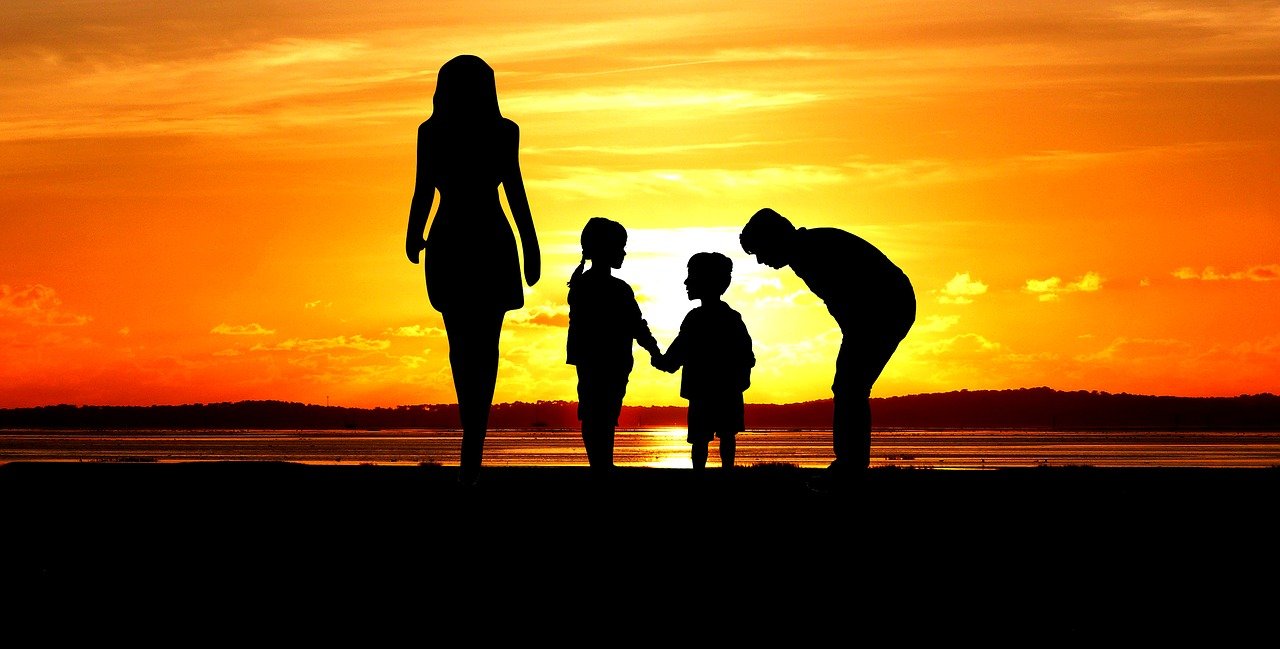
Do Adult Children Have to Care for Aging Parents Who Abandoned Them as Children and/or were Absentee Parent/s?
Hey, y’all!
Have you guys been drinking your water and minding your business lately??
I know how to mind my business, but drinking my water …well… that’s my business. LOL
Let’s talk about something a little bit more serious.
WARNING. I can’t promise that I will keep it short and sweet. #stilllearninghowtokeepitshort
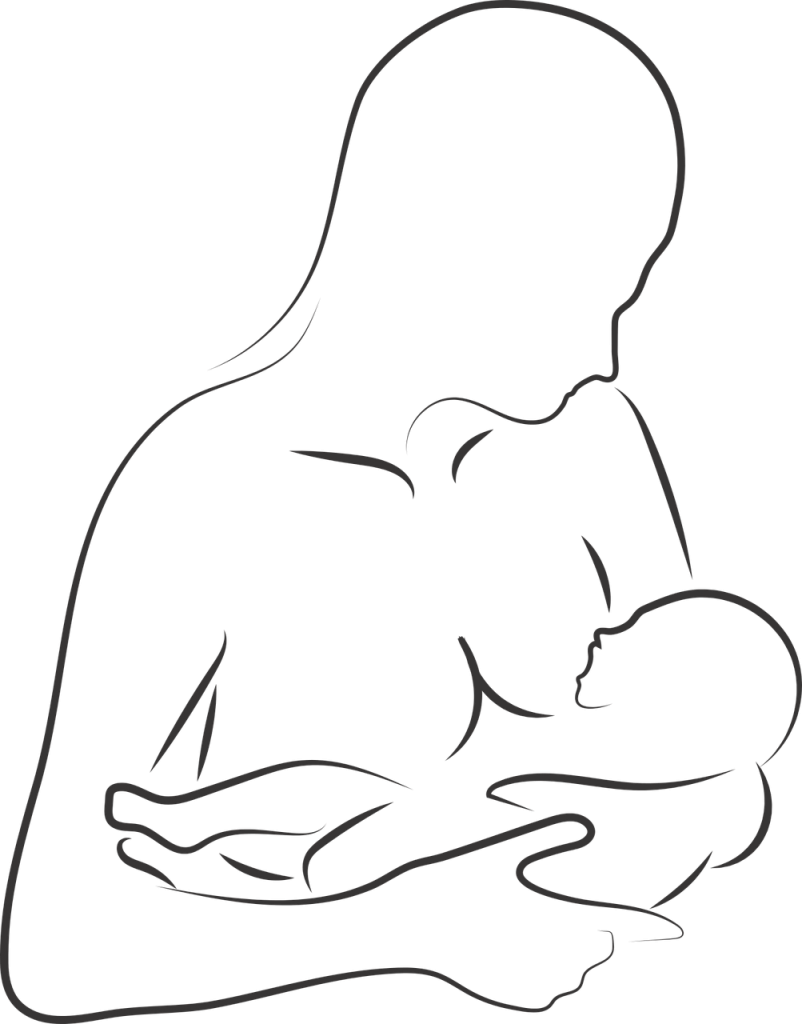
This is simply my humble opinion.
My siblings and I have been caring for my dad lately because his health is declining, and it is terrifying. Although stressful, we love dad, so we take great pride in caring for him. But the question I have for y’all is, Are Children Responsible for caring for Parents Who Abandoned Them as Children and/or were Absentee Parent/s?
I have been thinking about that whole circle of life thing lately because seeing my dad becoming a child all over again has been an eye-opener. The circle of life might mean different things for different people. Still, it simply means that “we start at the end and end at the beginning, which resemble a complete circle.” Circles have no beginning or end. As babies, our lives start anywhere on the circle and follow it around as we get older. We all will end up in a loop coming back to where we started. No matter how big or small the circle is, it ends in the same way for everyone. Right?
As we get older, so do our parents. As difficult as it is to consider, eventually, they will need our help, just as we once needed theirs.
Children’s relationships with their parents can be very multifaceted. Sadly, not all of us were lucky enough to have had dependable parents.
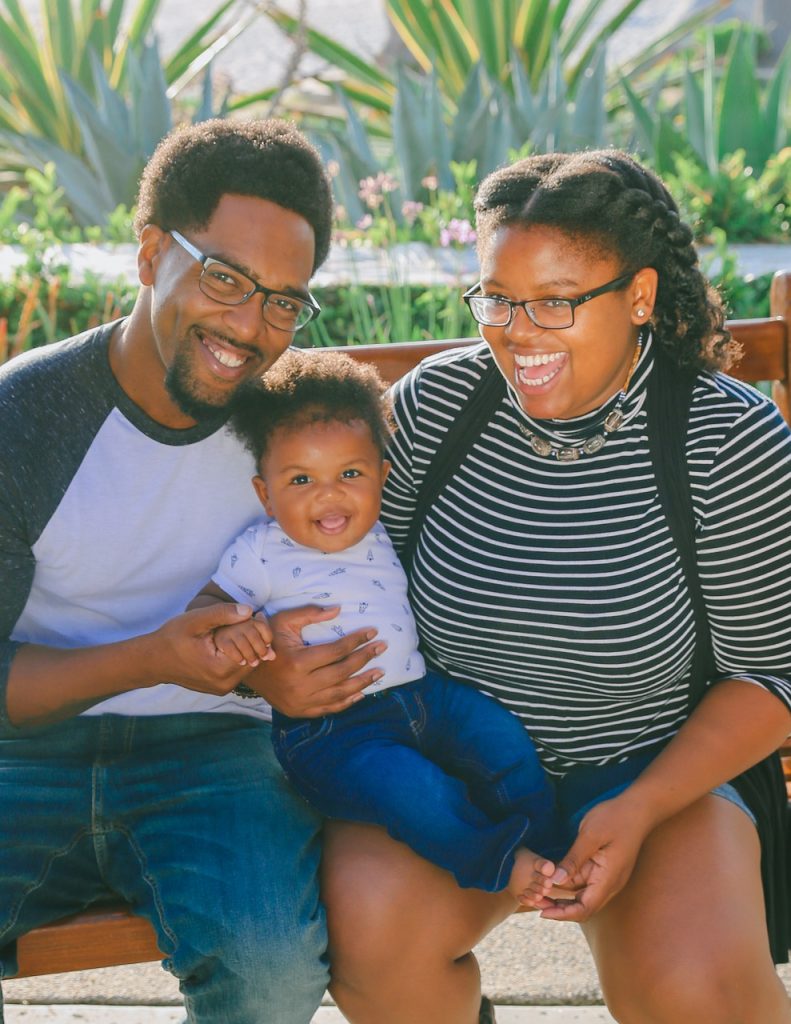
Imagine being a child. You did not ask to be born. Still, your parents decided to bring you into this senseless and unpredictable world. After your birth, your parents decided they no longer aspire to be parents because they would instead relish life as a single person. Imagine a parent forfeiting his responsibilities and choosing not to take care of you financially, physically, emotionally, spiritually, and psychologically. Imagine growing up within a one parent-household, and all of your needs were met by one parent.
Allow me to be biased for a quick second. Since I’m a woman, let’s throw a man under the bus so I can make my point (sorry in advance to all my amazing fathers). Envision being cared for by your mother your entire life as a child. Then, as you become an adult, you know that you could always count on your mom to be your superwoman because captain not-being-a-dad is nowhere to be found.
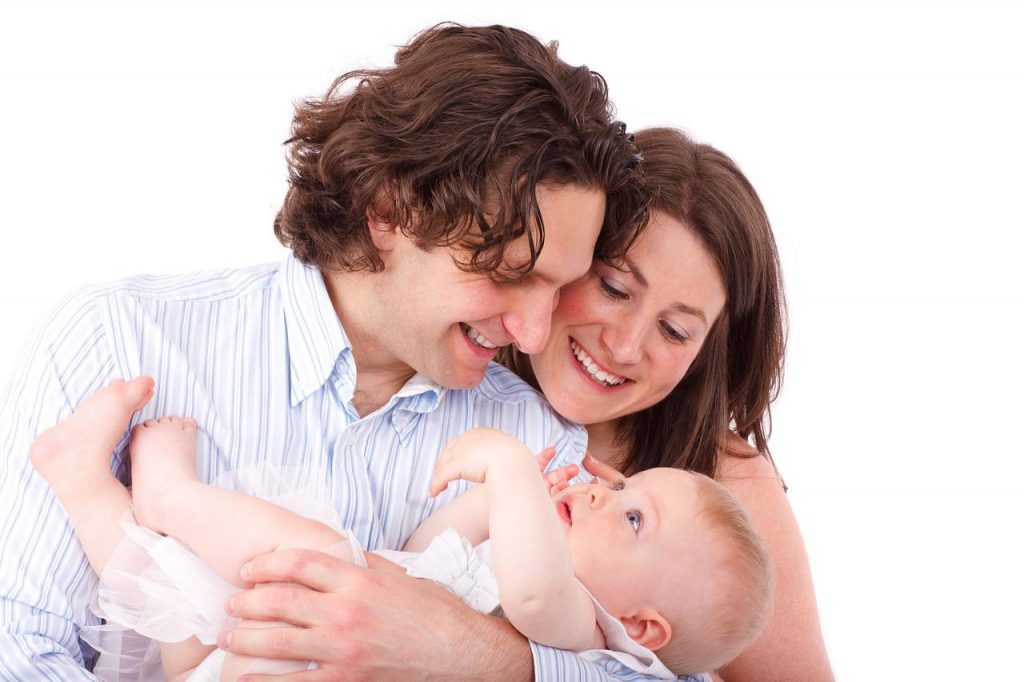
Now let’s fast forward to you having your own family, and you made a vow to yourself to always be there for your children. Your own life might be a bit wobbly trying to balance kids, spouse, work, friends, and family while staying on top of your own health, but you are determined to be the father you wished you had.
Now…imagine your mother is aging, which means your captain-has-not-been-a-dad is also aging. Now, imagine having a care conversation with your mother, and she says: “son, promise me, you will keep me at home. Promise me you will not put me in a nursing home”. Although I don’t want to be presumptuous, I assume that you will feel responsible for caring for your mother in her old age because she has always been your superwoman.
For most of us, before we identify as caregivers, we start helping our aging parents by running errands for them, picking up their medications, taking them to their doctors, helping them with grocery shopping, or whatever else they might need while they are living comfortably at home. We don’t mind performing these tasks for the most part because we may not even see them as time-consuming. Some of us even schedule to see our parents weekly or a few times a month if they live close by or maybe call them if they live far.
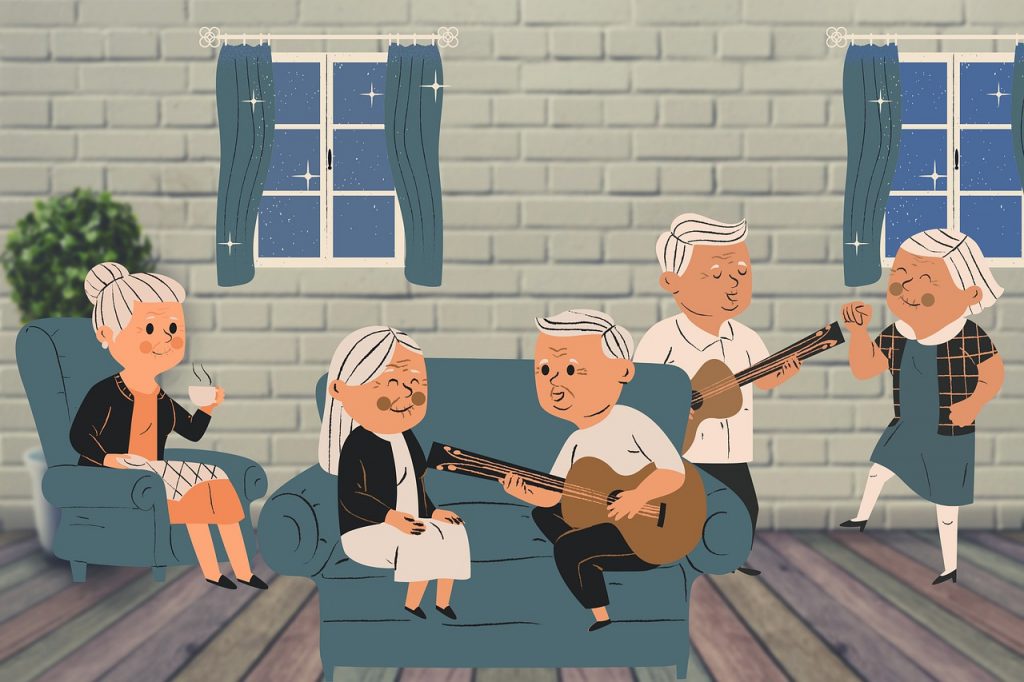
Now…imagine your mom is aging and has health issues, and she can no longer care for herself. She can no longer live alone. Now, you are responsible for your sick mom. If you are lucky, you may have a spouse and young children who could help you care for your mother while living with you.
Now picture getting a phone call from a lost aunt from your father’s side of the family notifying you that your father is sick, and she needs you to take responsibility for his care! I would undoubtedly have hung up on her because I don’t appreciate people playing pranks on me. I mean, it must be a joke, right?
Hmmm…but seriously, what are you going to do? Are you going to feel responsible for taking care of him? Would you have the heart to forgive your father for his shortcomings?
Too many of us burn the candle at both ends. SO, DON’T MAKE PROMISES THAT YOU MAY NOT BE ABLE TO KEEP.
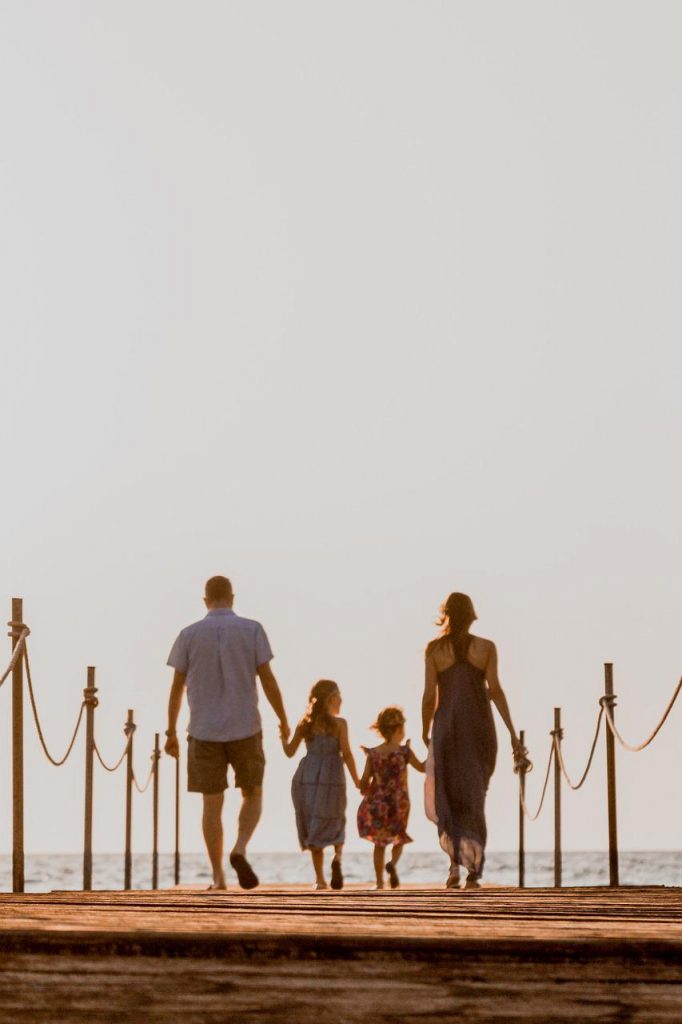
LET’S ARGUE.
As a mental health therapist, I believe that everyone will ultimately become a caregiver. It could be by becoming a parent or caring for your elderly parents, neighbors, friends, or loved ones. Some people may agree that children have an innate obligation to care for their loved ones as they age, but I DON’T. I don’t believe that children should be pressured to care for aging parents who failed them. Consequently, we all have varying relationships with our parents and have different feelings about caring for them. Suppose a father decided to abandon his child when the child needed him the most. Why do we think the child is ethically responsible for caring for his father simply based on genetics?
I’m not saying that children who were loved and supported by their parents will always care for their aging parents, not at all. But unfortunately, some people are not caregivers, and their loved ones are better off being in a nursing home.
Have you ever heard of the term: “daddy issue or mommy issue? Mommy’s boy or daddy’s girl”? Parent-child relationships affect how children approach relationships throughout life. Our relationship with our parents carries forward to our spousal relationship and how we develop a relationship with our children. Ultimately, it also plays a role when deciding whether we desire to care for our parents as they age.
Believe me, I know that being a good caregiver is not about feelings of affection, but more so ensuring that your loved ones are getting the care and attention that they need; but why do children have to be the RESPONSIBLE ONES when their parents abandoned them on their times of needs?
Children can become emotionally damaged from the lack of effective parenting. If parents damage their children, why do we expect them to become responsible adults and provide care for their parents? If parents had a choice to be parents, why can’t children also have a choice to be a caregiver?? We must factor in parent-child relationship complications from the unstable beginning in childhood that perseveres throughout adulthood; or the gaps and glitches in the parent-child relationship throughout the years.
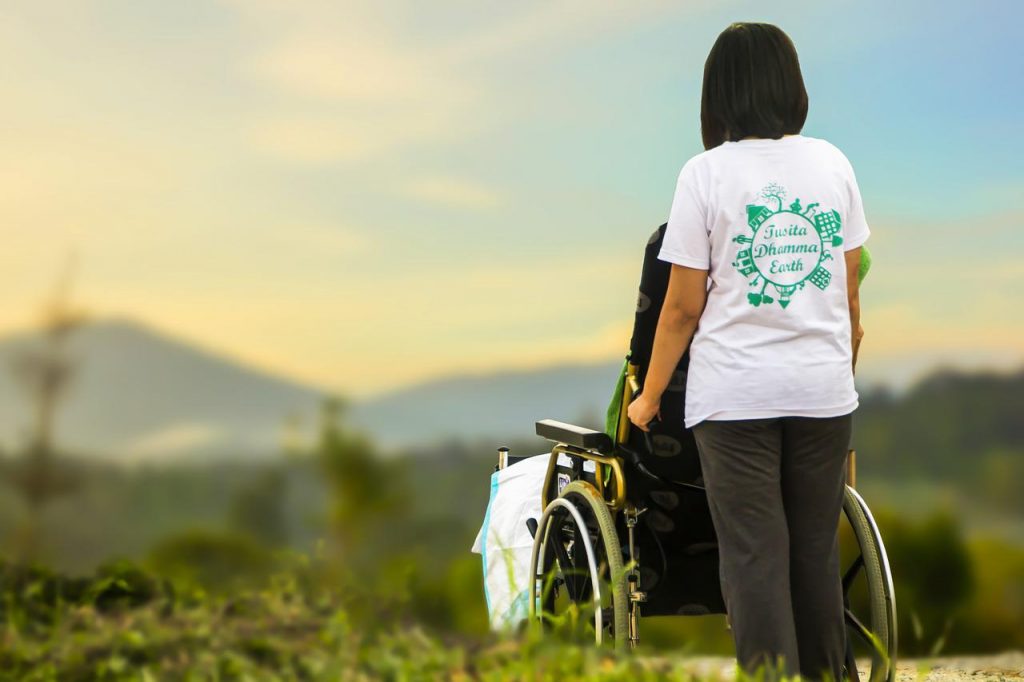
For argument’s sake, let’s just say that you agree to care for your never-has-been-a-dad father. Imagine his audacity when he demanded for his care to be managed by you because his other children do not want anything to do with him, or you just might be lucky enough to be his only child. Then, imagine the manipulation of “I brought you into this world. You owe me your life”.
Now imagine you have a good heart and pity your dad and decide that you would listen to Michelle Obama “When they go low, we go high”. So, you decided that you would be a better son or daughter than he was a father, and you brought him home with you.
Now…you must somehow care for your sick father while juggling school, a career, spouse, children, and whatever else you have in your schedule. Imagine passive-aggressive behavior or some mental health issues that are untreatable by medication. Finally, imagine being verbally, physically, and emotionally abused by a sick parent who did not parent you when you needed parenting.
The choice will always be yours to make. Still, we should not guilt someone to be more Christ-like by making them feel obligated to care for a parent who completely denied their whole existence until they needed them.
I know someone of you will not agree with me, and I don’t expect you to. We all can’t be Michelle Obama in every area of our lives. I promise you I never claim to be Christ, but I try my best to be Christ-like-ish every day. However, we have to understand that the examples that parents set for their children will affect them in all areas of their lives for years as they grow.
Don’t be shocked that this is coming from a therapist. This is not my clinical opinion; it is just MY OPINION. If my patients ask for my clinical opinion, my opinion would be a bit more strategic because it is always about the CLIENT, not the clinician.
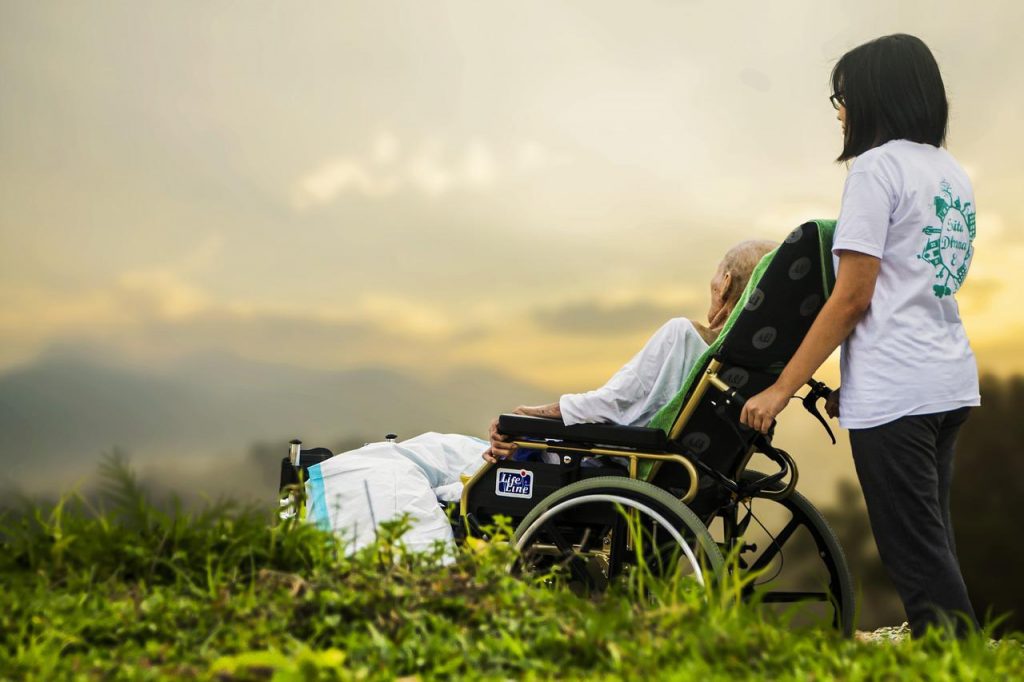
I just want you guys to keep an open mind when adult children decide not to care for their aging parents, they are using the same blueprint that their absentee parents use.
When you hear children say, “I like this or that about mom. I want to be more like her in this area, or I don’t like this or dad about dad. I will never be like my dad“.
These child-parent interactions significantly affect whether a child will one day be willing to care for their aging parent/s because children form a relationship with their parents when they are young, so it is safe to say that if a parent was absent during childhood, a child might not have the best or no relationship at all with the absentee parent. Caregiving can go on for a lifetime; it is not as short a time as some think. So, if adult children decide that they do not want to care for a parent who was absent during their childhood or a parent who was abusive towards them. These feelings are valid even if you disagree with them.
As I mentioned earlier, we all have varying relationships with our parents and different feelings about taking care of them. Some adult children will be able to put aside their own personal history with their parents and become the most extraordinary caregiver they could ask for. Some of us CANNOT. As someone who was raised somewhat by both parents, I feel ethically responsible for making sure that my parents are well-cared for and feel safe, secure, and getting the attention and medical care they need. HOWEVER, I DO NOT EXPECT EVERYONE TO FEEL THE SAME. I WILL NOT JUDGE SOMEONE WHO IS CHOOSING NOT TO CARE FOR THEIR ELDERLY ABSENTEE PARENT.
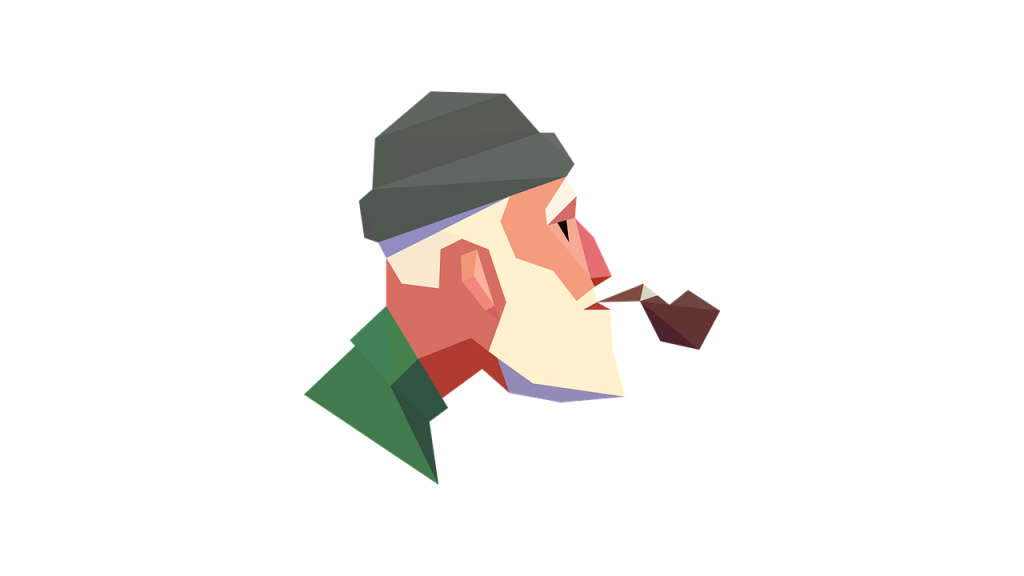
SPOIL ALERT: Only 39 percent of adults in the US are caring for a loved one with significant health issues.
FOOD FOR THOUGHT:
There’s no one-size-fits-all answer to this question. There are too many variables to consider. Some children would not care for their aging parents because their parents put them through hell growing up. Some children might be able to forgive their parents for their actions because they know what it’s like to be helpless and dependent on others for food, shelter, safety, and medical care. Some children might become very caring and giving because they did not receive that from their parents, so they become the opposite of them.
I don’t want us to judge the ones who cannot sacrifice their time, money, energy, or emotion for someone who made few if any, sacrifices for them when they needed it.
Some children who were abused by their parents can sit at their bedside singing for them, spoon-feed them when they can no longer swallow, or get in the shower with them to keep them from falling because they know what it feels like to be neglected and decided that they will never do that to another human being. Some are unable to pass through the pain.
Regardless of choice, it must be a choice you can live with, independent of your parents’ choices. Only you can decide how to move forward. Regardless of the decision, you shouldn’t allow guilt to consume you.
Guilt is an inside job. It is all about the way you choose to think about something.
Don’t allow their decision of not being a parent to damage you. Work with a therapist. Set boundaries for yourself.
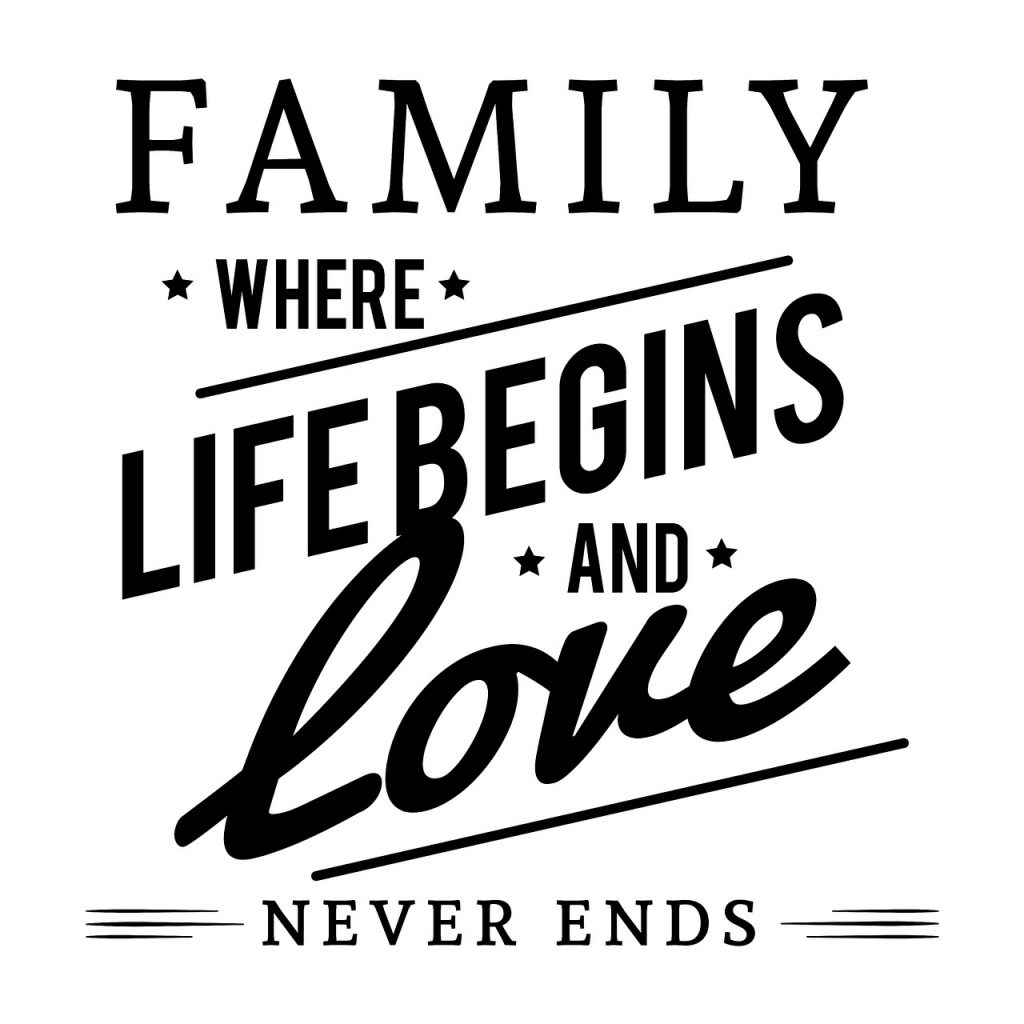
FINAL THOUGHT:
Instead of making adult children feel guilty about their decision to not care for an abusive or absentee parent, we should start telling parents who decided to be irresponsible parents that they should start thinking about long-term care for when they are no longer able to care for themselves. The circle of life is real. It is the sum total of our choices and the things we do and think.
For a lot of great parents, parenting is an investment for them. They invest in their children throughout their lives because they know they would enjoy the interest from their investments as they age and would need their children to return the favor. You care for your children, so your children could eventually care for you when you go back to needed care like a child. That should be the journey. If a parent did not feel compelled to take care of his responsibilities as a parent when the child needed him the most, we can’t expect now for the child to take the responsibility of being a caregiver with an open heart.
As I mentioned before, some children might be furious inside and still provide the needed help to their abandoned parent. Some children can DEPERSONALIZE their relationship with their absentee parents because they believe they are incapable of loving them. I APPLAUD you if you can VAPORIZE your expectations and care for them. If you can display so much STRENGTH, COURAGE, LOVE, and TENACITY towards your abusive or absentee parent, you deserve a STANDING OVATION.

If your faith is the reason you can care for an absentee parent, keep your faith alive. If you choose to do it out of a sense of love or a need for peace, that is also fine.
There is no correct answer. People are complicated. It’s truly a matter of what your level of emotional health, physical ability, and personal values and morals dictate. You aren’t “obligated” to anyone but your own conscience and perhaps your personal beliefs in a Higher Power and the values derived from that faith.
If you conclude it would be more damaging to engage, remain at a distance. No one can fault you for minimizing the damage and stopping the cycle by disengaging. On the other hand, if you conclude you can and must be more to them than they chose to be to you, then cautiously assist them at whatever level you can live with and, most of all, give yourself credit for doing your best, whatever that is.
Love always,
Resource: https://www.seniorlifestyle.com
Ruth Moise June 4, 2022 at 8:32 AM
very nice subject!
I will answer you briefly with the quote from Thomas Gatabazi who said this: “a parent who abandons his old parents teaches his children how they can abandon him when he is old”. on the contrary me personally I will not abandon my vulnerable parents no matter how they treated me in my childhood but i will make my sacrifices with great reserve.
Cece June 5, 2022 at 12:10 AM
Thank you for sharing your thoughts with me. There is no right or wrong answer; it should be a personal decision and as you stated: proceed with caution.